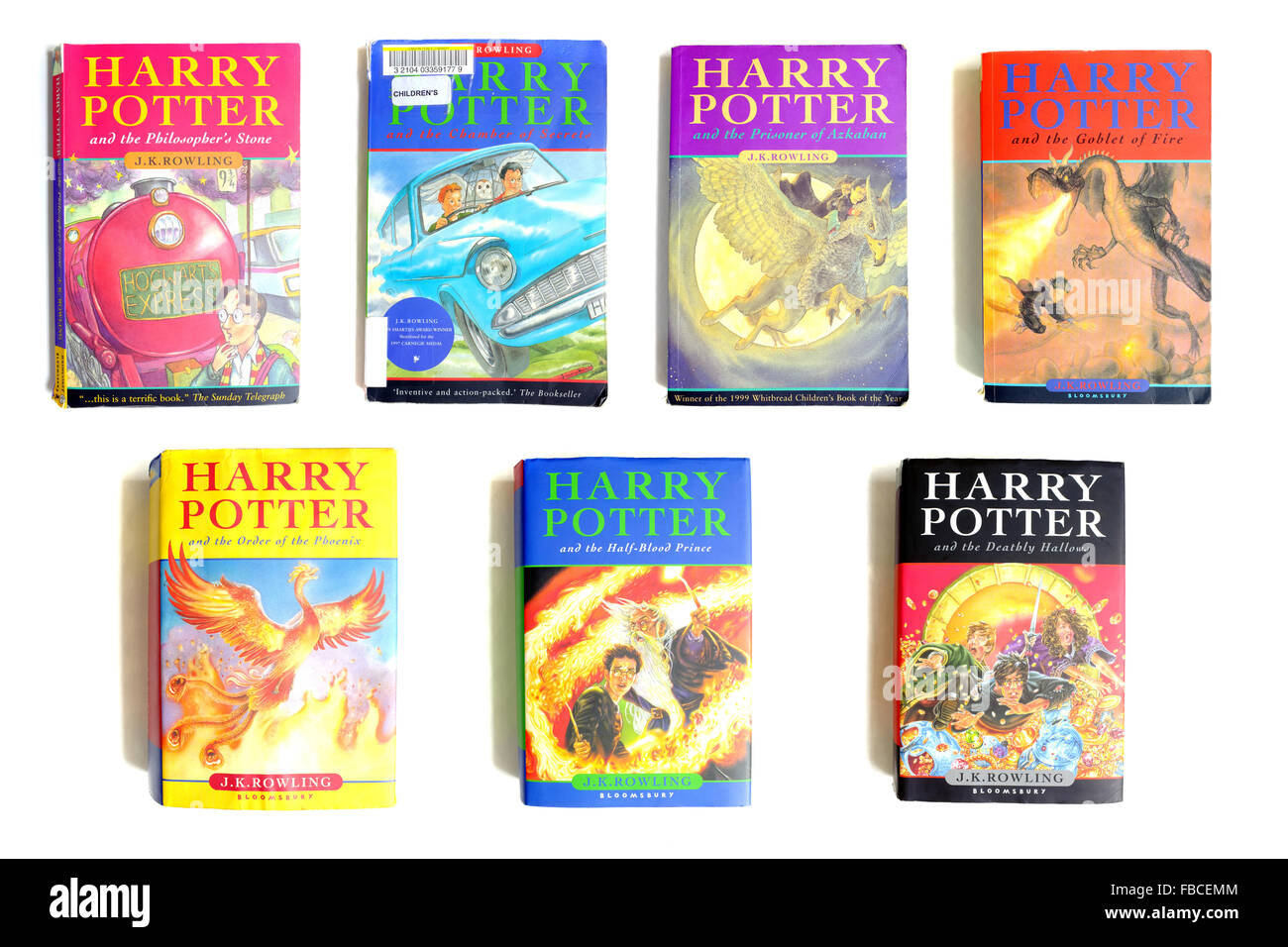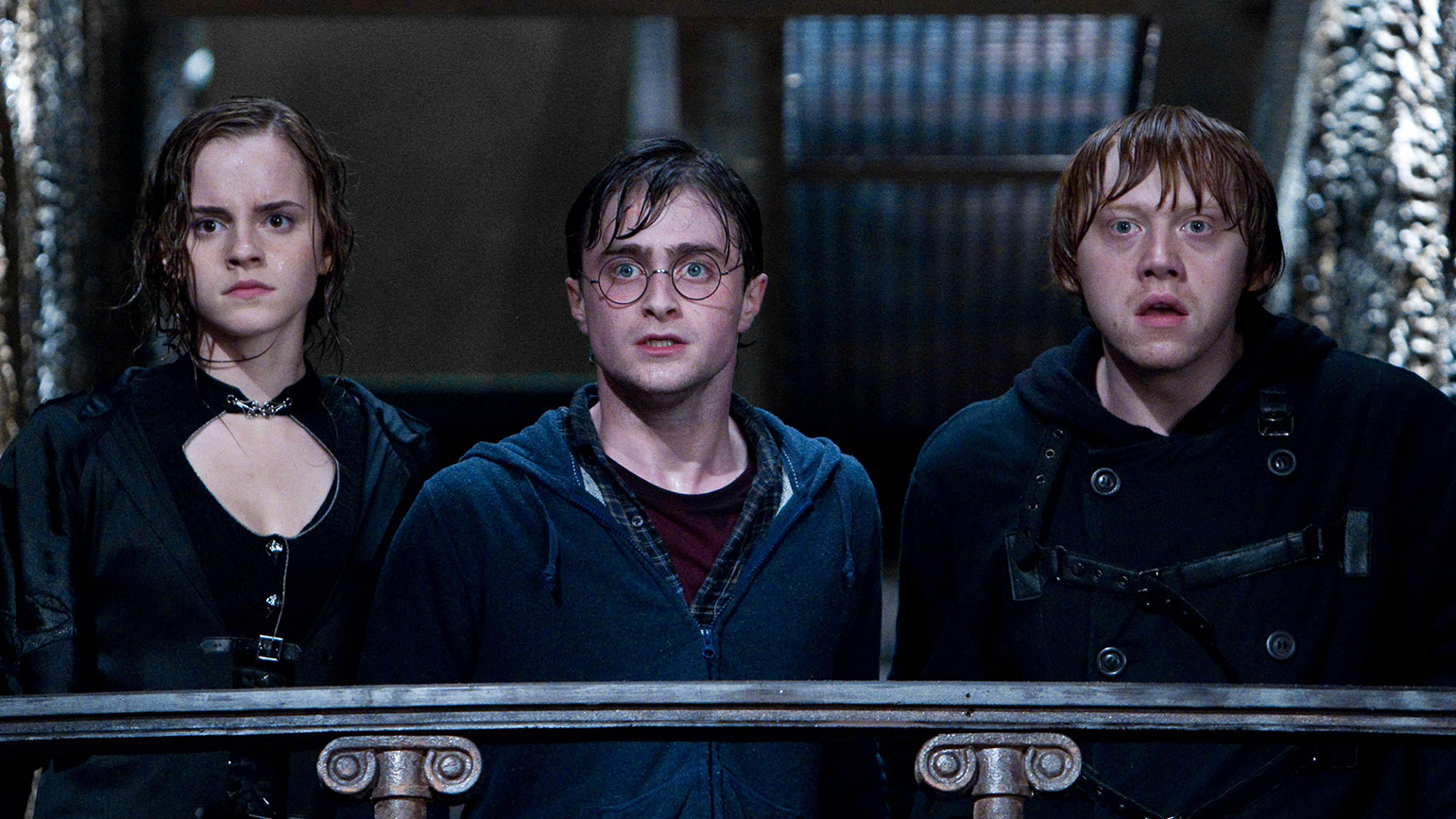

Arguments abound between “transformational” and “affirmational” fans, that is, between fans who appropriate texts for their own purposes and those who seek to support or reiterate the author’s perceived intentions (Tosenberger, 2014). These exclusions are particularly apparent when fans exclude either fans or fan-created representations of characters who are members of traditionally marginalized groups (Fowler, 2019 Walton, 2018). Yet others align themselves with exclusionary politics, citing authority figures like Warner Brothers, Rowling, and the admittedly contradictorily heteronormative and white-centered books themselves (Duggan, 2019 Galway, 2012 Horne, 2010 Pugh and Wallace, 2006, 2008 Rana, 2011 Thomas, 2019). Readers, young and old, are insisting on the primacy of their own interpretations, which often rely on the coalitional politics espoused by Harry and his allies in the septet. Brough and Shresthova, 2012 Jenkins, 2012).

Many fans feel they are fighting for inclusion and against discrimination, including against a conservative children’s publishing industry, against exclusionary political movements, and against author J. The Harry Potter fandom, in particular, has been a political battlefield. The politics of children’s literature has never been more visible. Some might argue that this activity is thanks to new texts-the Fantastic Beasts (2016–) film franchise is ongoing, and Harry Potter and the Cursed Child (2016) has been a hit-but there is more happening in the fandom than meets the eye. 163), the fandom has remained robust and active.

Although fans predicted that their beloved fandom would wither after the publication of The Deathly Hallows ( 2007 Tosenberger, 2007, p.
HARRY POTTER AUTHOR SERIES
As one of the first children’s series to gain widespread popularity concurrently with the spread of the internet, the Harry Potter septet (1997–2007) arrived on the global stage at the perfect moment to develop an avid, connected fandom. The internet and social media have escalated a shift in reading practices toward participatory, networked communities of interpretation (Jenkins, 2006). By doing so, the article traces the complex politics of the reception of books for young people in the digital age, demonstrating that authors’ powerful voices continue to shape readers’ responses to texts long after their publication but showing, too, that readers often resist authors’ attempts to influence not only their textual interpretations but their politics. It concludes by discussing the worsening relationship between Rowling and her fans and highlighting how fans are using their collective power to undermine Rowling’s gender politics through fan fiction. The article discusses the Harry Potter novels’ varied and conflicting ideologies queer/trans readings of the Potter septet, including both invitations and resistances to queer/trans reading by Rowling herself how gender is queered and queried in and through fan fiction and finally, the recent hostilities between Rowling and her fans. This article examines the contentious issue of gender nonnormativity and its relation to the Harry Potter texts, the queer/trans reading practices and political resistance common to the fandom, and the ongoing disagreements over gender, made visible on social media, between Rowling and the fans of her series. But the fandom has laid bare the many conflicting ideologies of the fans themselves and of the actors surrounding the texts. As one of the first children’s series to gain widespread popularity concurrently with the spread of the internet, the Harry Potter septet arrived on the global stage at the perfect moment to develop an avid, connected fandom. The politics of children’s literature and the actors surrounding it have never been more visible than they are now, in the digital age.


 0 kommentar(er)
0 kommentar(er)
